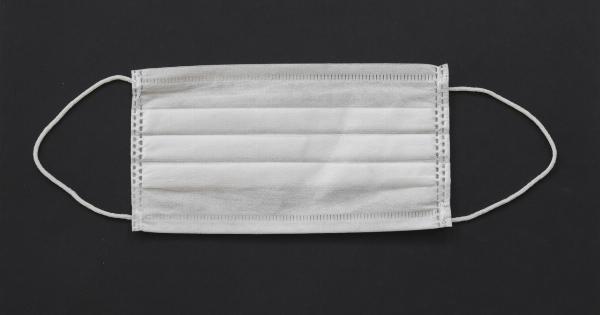Summer is the season of sunshine, fun and outdoor activities. However, it can also bring along various health issues, especially for the ears, nose, and throat.
Increased humidity levels, hot temperatures, and exposure to allergens and irritants can cause a range of issues, from ear infections and sinusitis to allergies and sore throat.
Ear issues
Swimming and water sports are a big part of summer activities, but they can also put you at risk of developing ear infections, also known as otitis externa or swimmer’s ear.
Infections can occur when water containing bacteria enters the ear canal and causes inflammation and infection of the ear canal lining. Symptoms of swimmer’s ear include pain, itching, swelling, and a yellowish discharge.
To prevent ear infections, try to keep water out of your ears by wearing earplugs or a swim cap, and drying your ears thoroughly after swimming or showering.
If you do get an ear infection, avoid scratching the affected ear, do not clean your ear with cotton swabs, and seek medical attention to get antibiotics and ear drops.
Another common ear issue is ear wax buildup. Ear wax is a natural substance that helps protect the ear canal by trapping dirt and dust particles. However, excessive ear wax can cause hearing loss, dizziness, and earache.
To prevent ear wax buildup, avoid inserting foreign objects such as cotton swabs into the ear canal, as this can push wax further into the ear and cause injury. Instead, use ear drops or visit your doctor if you experience excessive wax buildup.
Nose issues
Summer can also trigger various nose-related issues, such as allergies, sinusitis, and nosebleeds.
Allergies occur when your immune system overreacts to a trigger such as pollen or dust, and releases histamine, causing symptoms such as sneezing, runny nose, and itchy eyes. Sinusitis, on the other hand, is inflammation and infection of the sinuses, causing facial pain, headache, and nasal congestion.
To prevent nose-related issues, avoid triggers such as pollen, mold, and dust by staying indoors during peak pollen times, using air conditioning, and keeping your home clean and dust-free.
If you do experience allergies or sinusitis, over-the-counter medications such as antihistamines and decongestants can help relieve the symptoms. For severe and chronic cases, a visit to an ENT specialist may be required to get prescribed medications or undergo surgery.
Nosebleeds are also common during summer, especially in hot and dry weather. Dry air can cause the nasal lining to become dry and crack, leading to nosebleeds.
To prevent nosebleeds, use a humidifier to add moisture to the air, stay hydrated by drinking plenty of water, and avoid picking your nose or blowing your nose too forcefully. To stop a nosebleed, sit down and lean forward, pinch your nostrils together for 10 minutes to allow the blood to clot, and avoid blowing your nose or inserting anything into it for at least 12 hours after the bleeding stops.
Throat issues
Summer can also affect your throat, causing issues such as sore throat, tonsillitis, and voice problems. Sore throat can be caused by a viral or bacterial infection, allergies, or irritants such as cigarette smoke or air pollution.
Symptoms include pain, scratchiness, and difficulty swallowing.
To prevent throat issues, avoid smoking and exposure to secondhand smoke, stay hydrated by drinking plenty of water, and avoid drinking too much alcohol or caffeine.
If you do get a sore throat, try to rest your voice, sip warm liquids, and take over-the-counter medications such as pain relievers or throat lozenges. If the symptoms persist for more than a week, it’s important to seek medical attention as it may be a sign of a bacterial infection that requires antibiotics.
Tonsillitis is inflammation and infection of the tonsils, causing symptoms such as sore throat, fever, and difficulty swallowing. It is more common in children than adults and can be caused by a viral or bacterial infection.
To prevent tonsillitis, avoid close contact with people who have a sore throat or tonsillitis, wash your hands regularly, and stay hydrated. If you do get tonsillitis, rest, drink plenty of fluids, and take over-the-counter pain relievers or throat lozenges. If the symptoms persist or recur frequently, surgery to remove the tonsils may be required in severe cases.
Voice problems such as hoarseness or loss of voice can also occur during summer, especially if you spend a lot of time in noisy environments or engage in excessive talking or singing.
To prevent voice problems, avoid shouting or whispering, rest your voice when possible, and stay hydrated. If you experience voice problems, avoid whispering, use a humidifier to add moisture to the air, and seek medical attention if the symptoms persist for more than two weeks.
Conclusion
Summer can be a fun and enjoyable season, but it can also bring along various ear, nose, and throat issues.
To prevent and treat these issues, it’s important to be aware of the causes and symptoms and take proactive measures such as avoiding triggers, staying hydrated, and seeking medical attention when necessary.




























